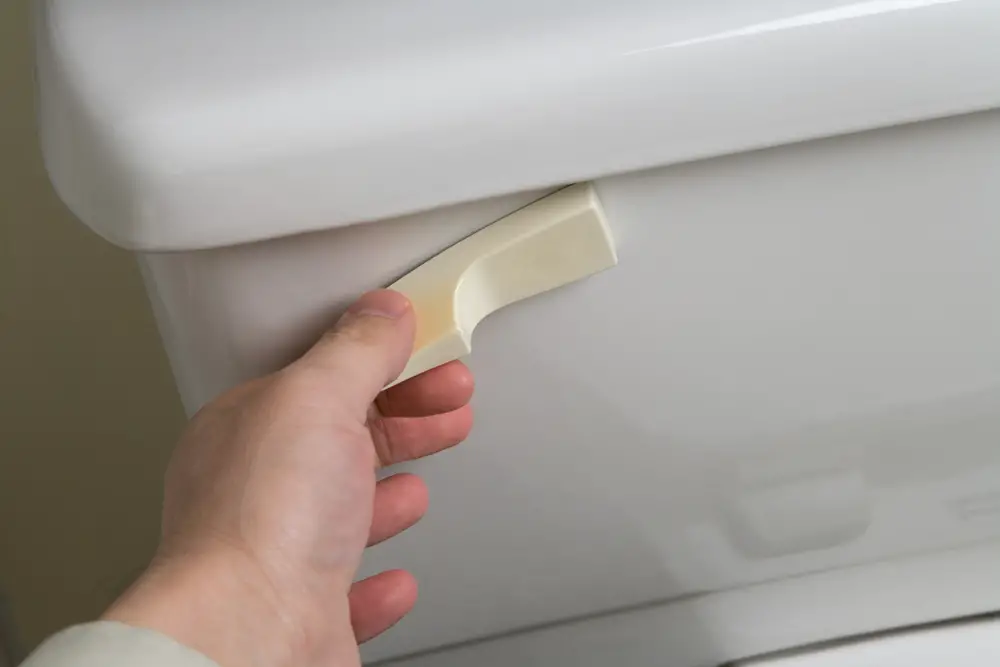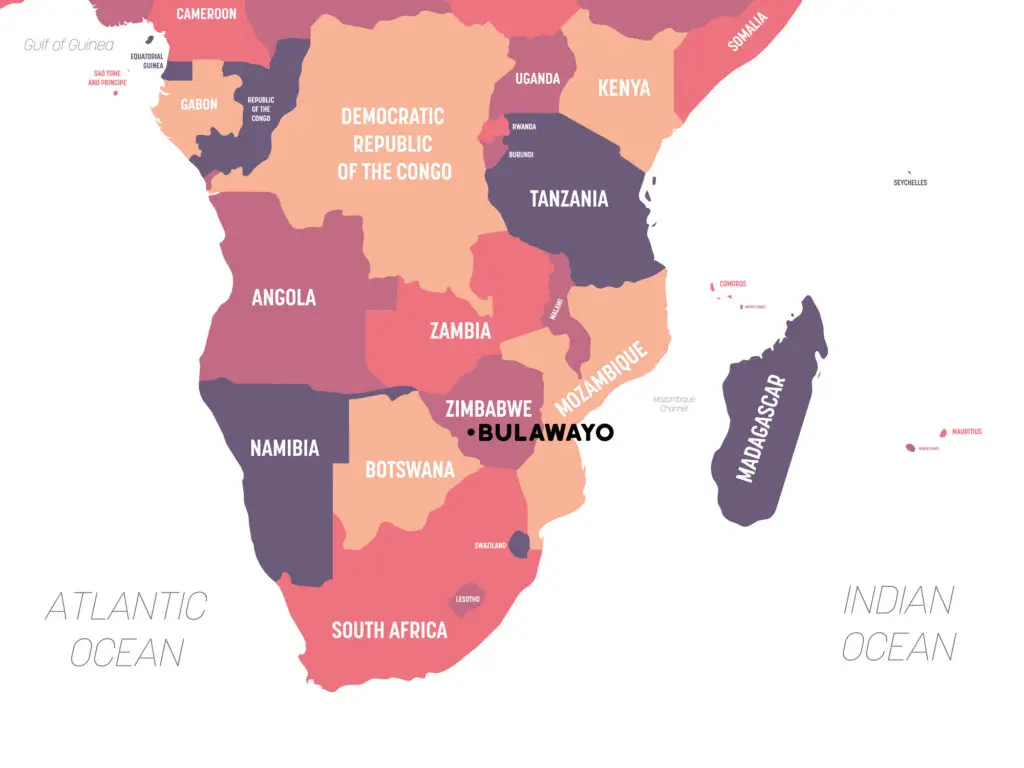A rather strange toilet flushing event took place in the Zimbabwe city of Bulawayo in 2019 that had a crucial goal in mind.
For a week in 2019, the over 1 million residents of the city of Bulawayo, in southern Zimbabwe, were asked to flush their toilets for 30 minutes every morning and night between 6 AM and 6:30 AM and from 8 PM to 8:30 PM to unblock and clear out the sewer system of the city so the sewers wouldn’t burst.
Why did they need to do this? There wasn’t sufficient flow for the sewers to clear themselves and a limited amount of water available to do it. Residents of the city would go for an average of 3 days without water because of rationing, and people naturally stopped flushing even when there was water. The synchronized flush was designed to keep the pipes wet and keep them from clogging up.
This wasn’t the first time the residents of Bulawayo had to do a synchronized flush. In September 2012, residents were asked to flush their toilets exactly at 7:30 PM on a Saturday to unblock and clear the sewer system of the city.
As was the same problem in 2019, years of drought and poor maintenance on the city’s sewers in 2012 often caused the city to go without running water for days and caused many of the sewage pipes to burst.
The city was so serious about the big flush at the time that they even warned people they would receive a fine if they didn’t flush at the proper time. This particular flush was declared a success and was even extended to twice a week at the same time.
Even as far back as 1992, Bulawayo was struggling with clearing its sewer lines. A big flush was planned for that year to clear out the sewage lines to avert an outbreak of cholera and other diseases.
As of 2019, Bulawayo’s five water supply dams (with an additional dam being decommissioned because of low water levels) had an average water level of 37%. A pipeline was expected to be built from the Zambezi River by 2014 to solve Bulawayo’s woes, but at the time of this writing, the pipeline has still not been built because of many political setbacks as well as mismanagement.
Sources: Sowetan Live, NPR, Rapid City Journal, St. Louis Post Dispatch, The Standard



